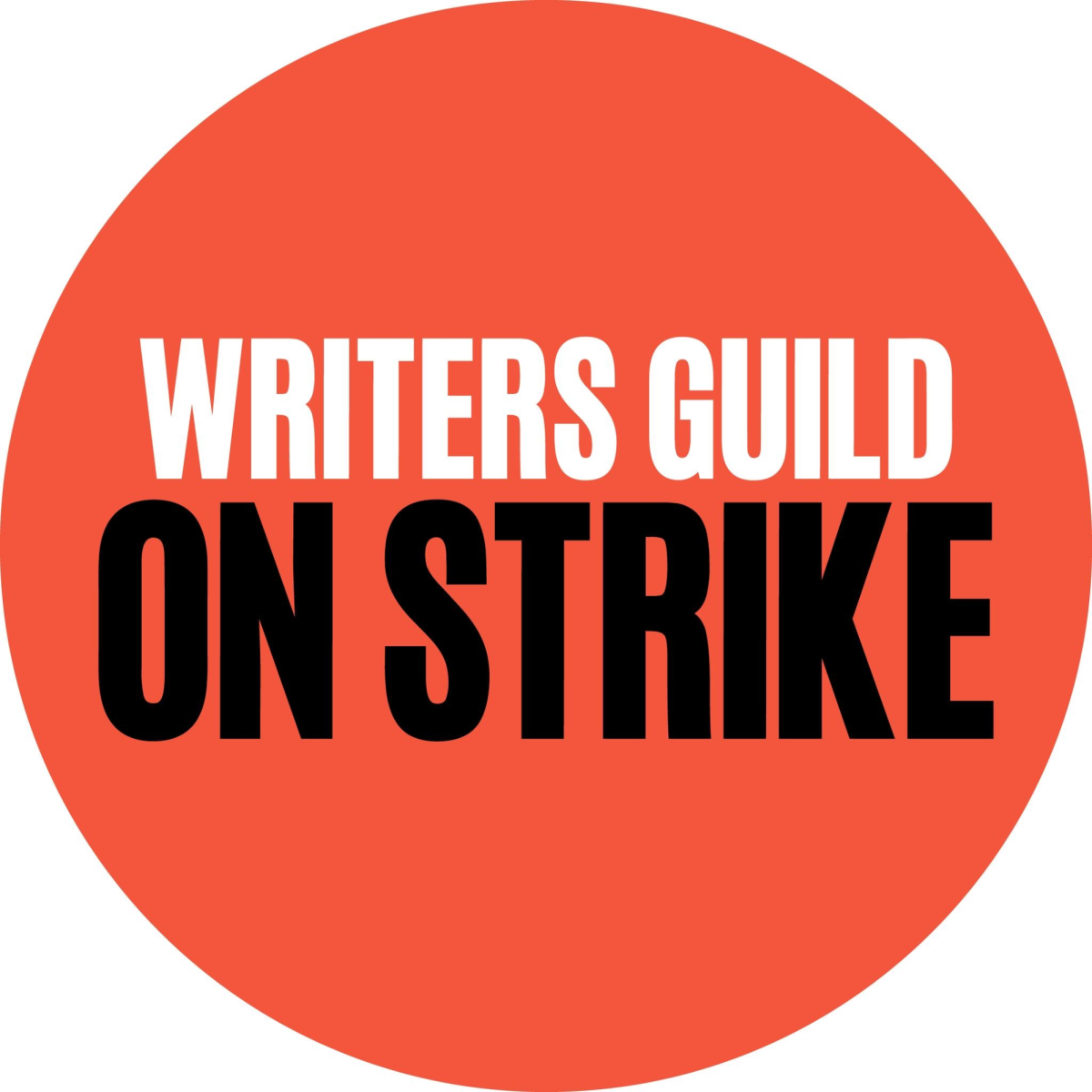After five days of non-stop negotiations the Writers Guild of America and the Alliance of Motion Picture and Television Producers have come to a tentative agreement to end the Writer’s Strike. Once the three-year contract is officially approved by union leaders, Hollywood will be one step closer to resuming work.
The WGA, represents many writers of film and television.
The strike was initiated at 12:01 am on Tuesday, May 2, following six weeks of negotiations concerning the improper payment of writers between the WGA and motion picture and television show producers.
The WGA have been very transparent through the media about their demands towards producers and why they felt this strike was necessary. Their cause for concern is from studios having the option to force writers work for free with no set weekly salary or even a daily rate.
As this is the first strike to occur with the union for the past 16 years, the WGA wants to make it clear that the purpose of this strike is for writers to be properly compensated for their work. The WGA provided a list of their request including but not limited to increased compensation, standardized compensation, and addressing the devaluation of writing in all mediums.
During the 2007 to 2008 Writer’s Strike, WGA members protested against similar issues and attempted to receive increased funding from larger studios. Due to the success then, the WGA were perhaps inspired to strike again in hopes that they would see similar results.
On September 10, 2023, the strike took a drastic turn when celebrity Drew Barrymore announced the continuation of her talk show, “The Drew Barrymore Show,” despite the ongoing strike. Barrymore faced immediate backlash from WGA members on social media and through street protests.
Barrymore responded briefly with a now-deleted video statement, apologizing for any hurt feelings but standing by her decision to continue the release of the show. However, criticisms towards Barrymore only intensified, resulting in a final statement where she agreed to stand with the writers until the strike came to an end, postponing the return of the show.
Barrymore’s response is extremely significant to the strike because with the support of such a well-known actress, the writers and actors will be able to form a unified front against motion pictures and television producers, aiding a resolution to come sooner rather than later.
For years, Hollywood studios has taken advantage of smaller and less-known writers, profiting from hit television shows and movie scripts without an agreeable reimbursement. This issue has become even more prevalent with the advancement of technologies and the involvement of artificial intelligence in the writer’s room.
John Fusco, WGA member for the last 40 years and writer on films including, “Young Guns,” “Thunderheart,” “Hidalgo,” and the Netflix series “Marco Polo” spoke out against major Hollywood studios and expressed why this strike is so important for the future of film media.
Not only are writers on the streets protesting against Hollywood studios, but actors have also joined the front lines of the fight. Jack Black, Alexandra Ocasio-Cortez, and Jamie Lee Curtis are a few celebrities seen on Instagram protesting against the Alliance of Motion Picture and Television Producers.
The Screen Actors Guild of America also went on went on strike in July, and for a while the two unions were striking in tandem. This is especially crucial for film enthusiasts because without these writers and actors, there will be no new projects released for audience enjoyment.
Hit shows including “Abbott Elementary,” “American Dad,” “Family Guy,” “Stranger Things” and more have come to a halt due to the strike. With the recent news of a tentative decision being made on Sunday, there is hope that Hollywood will be able to continue production as soon as possible. SAG-AFTRA still has not made a deal.
Taylor Zirilli can be reached at [email protected]



















